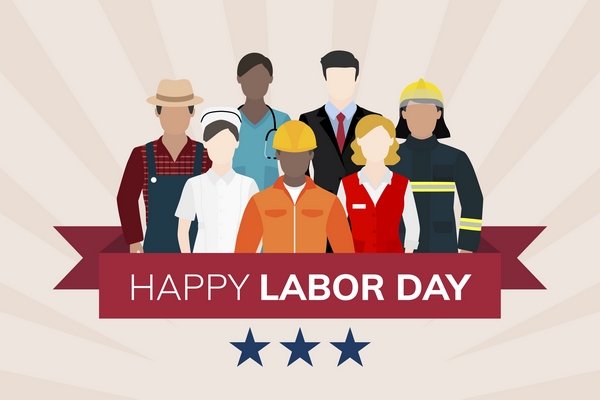
The E-2 Investor Visa is a popular option for foreign investors seeking to start or invest in a business in the United States. Over the years, the Board of Immigration Appeals (BIA) has shaped the interpretation and application of the E-2 visa requirements. The BIA has issued a number of important decisions over the years regarding the E-2 Investor Visa. These decisions have clarified and expanded upon the eligibility requirements for the E-2 visa, as well as established important legal precedents for future cases.
The BIA is the highest administrative body for interpreting and applying U.S. immigration laws. In the context of the E-2 Investor Visa, BIA cases can provide guidance on how to interpret and apply the legal requirements for the visa. For example, BIA decisions can provide insight into how to satisfy the “substantial investment” requirement, the “develop and direct” requirement, and other key elements of the E-2 visa.
Some notable BIA cases involving the E-2 Investor Visa include:
Matter of Walsh and Pollard (BIA 1988) – BIA held: (1) No particular dollar amount is required for an investment to be deemed substantial; however, the investment must be in a bona fide business and, in the case of a new business, the investment must not be in a marginal enterprise solely for earning a living but must be of an amount normally considered necessary to establish a viable enterprise of the nature contemplated; and (2) The applicants, who are employed as automotive design engineers by a foreign corporation, do not have supervisory or managerial duties; however, they are highly trained, specially qualified, and essential to the corporation’s efficient operation and thus qualify for an E2 investor visa classification even though they are not engaged in developing and directing the qualifying investment.
Matter of Khan (BIA 1977) – BIA held that respondent failed to show that he was “actively in the process of investing”. Respondent had best a subjective intention to invest in the future. Although he may have invested funds in the past, that does not establish that he will invest in the future. More is required for such as showing. For example, copies of contracts showing a legal commitment to make certain future expenditures or documents of that nature could be submitted.
Matter of Chung (BIA 1976) – BIA held that in order to qualify for E2 investor visa, the respondent must establish that he has invested or is actively in the process of investing a substantial amount of capital in an US enterprise. BIA stated that mere intent to invest does not satisfy the requirement.
Matter of Shaw (BIA 1976) – BIA held that photocopies of checks submitted as the primary evidence of the investment and allegedly issued in payment for items related to the restaurant did not show what items had been purchased. The BIA explained that the financial statement submitted was unaudited and based exclusively on information supplied by respondent to the accountant and which indicated that the books had not been maintained in an acceptable manner from an accounting standpoint and from which expenditures could not be verified. The BIA stated that respondent failed to submit documentation relating to the affairs of the enterprise or a satisfactory explanation for the absence of such documentation.
Matter of Lee (BIA 1975) – BIA held that the investor must be coming solely to develop and direct the operations of the enterprise in which the investment has been or is in the process of being made and it must be shown that investor has a controlling interest in the enterprise. In this case, it is alleged that the total value of the enterprise is or will be $64,000. Of this amount, applicant had invested $10,000, alleging that at some future time he would invest additional capital to bring his investment to 51 percent. BIA found that this was too speculative, and further, in the absence of any indication of the income the applicant may derive, he has failed to show that his investment does not represent a small amount of capital invested in a marginal enterprise for the purpose of merely earning a living.
BIA cases provide persuasive authority and may be used as a reference in E-2 visa applications. It is important to consult with an experienced immigration attorney who can help navigate the complexities of the E-2 Investor Visa and advise on the relevant BIA cases. These cases illustrate the evolving legal landscape surrounding the E-2 Investor Visa and highlight the importance of having an experienced immigration attorney to guide you through the process. By staying up-to-date on these important legal precedents, an attorney can help ensure that your E-2 visa application is prepared in a way that maximizes your chances of success.


















